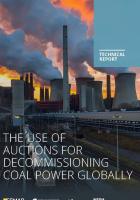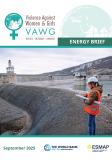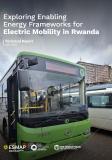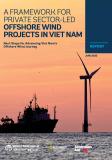Publications

This report examines the potential use of auctions as a price discovery mechanism facilitating accelerated decommissioning of the global coal fleet. Despite widespread recognition of coal power’s significant negative impact on climate and health as well as the urgency of acting in response to climate change, the transition away from coal power has been slow. This report introduces the global coal power landscape presents arguments for decommissioning coal power, including the potential for savings, mitigation of climate impacts, improved health outcomes, and significant employment opportunities in clean energy. It also details the likely challenges inherent in the transition — the need to ensure reliability, insulation of coal generation from competitive forces, and impacts on workers and communities — that will need to be managed and addressed. The report concludes that coal power plant decommissioning is part of a multifaceted exercise in which auctions can play an important supporting role. The auction process, including the development of requirements and material obligations, requires a high degree of standardization. If designed well, it could allow for a coal transition mechanism to be allocated efficiently and transparently on a least-cost basis.
World Bank. 2022. Use of Auctions for Decommissioning Coal Power Globally. Washington, DC. © World Bank. https://openknowledge.worldbank.org/handle/10986/38213 License: CC BY 3.0 IGO.



